New Orleans, Louisiana, 1893. A boy named Rizing is exploring the surroundings of his hometown together with a couple of friends. They discover a mysterious old house, go inside, and discover what seems to be a mummy in a coffin. They don’t realize that at this moment they unleashed a powerful demon into the world, and that this demon has already possessed the soul of one of the boys…
The Apocalypse IV is the first Tengai Makyō game that is set outside of the Japan-like country Jipang. Much like Jipang of earlier games, United States of the late 19th century is not in a historically correct environment in this game, but an alternate world populated by demons, Biblical figures, and deliberate clichés (cardboard Native Americans, pop culture references, etc).
The gameplay largely follows the general Japanese RPG template and Tengai Makyō gameplay style in particular. As in the previous games, magic spells have to be sought out and acquired rather than learned or bought. A notable change is the absence of random enemies – all the enemies are visibly wandering on the world map or in the dungeons. Other gameplay additions include special attacks that can also performed by several members of the party as a combo, and obtaining money by selling trophies received in battles.
Specification: Tengai Makyō: Daiyon no Mokushiroku – The Apocalypse IV
|
User Reviews
Be the first to review “Tengai Makyō: Daiyon no Mokushiroku – The Apocalypse IV” Cancel reply
- Show all platforms
- 3DO
- Acorn Archimedes
- Acorn Atom
- Acorn Electron
- Action Max
- Amiga
- Amiga CD32
- Amstrad CPC
- Amstrad GX4000
- Android
- APF MP-1000
- Apple II
- Apple Pippin
- Arcade
- Atari 2600
- Atari 5200
- Atari 7800
- Atari 800
- Atari Jaguar
- Atari Jaguar CD
- Atari Lynx
- Atari ST
- Atari XE
- Bally Astrocade
- Bandai TV Jack 5000
- BBC Bridge Companion
- BBC Micro
- Casio Loopy
- Casio PV-1000
- Coleco Telstar Arcade
- Colecovision
- Commodore 128
- Commodore 16
- Commodore 64
- Commodore PET
- Commodore Plus/4
- Commodore VIC-20
- Didj
- Dragon 32/64
- Emerson Arcadia 2001
- Entex Adventure Vision
- Entex Select-a-Game
- Epoch Cassette Vision
- Epoch Super Cassette Vision
- Evercade
- Fairchild Channel F
- Famicom Disk System
- FM Towns Marty
- Fujitsu FM-7
- Gamate
- Game & Watch
- Game Wave
- Game.com
- Gizmondo
- GP32
- Handheld Electronic Games (LCD)
- HyperScan
- Intellivision
- Interton VC 4000
- iOS
- J2ME (Java Platform, Micro Edition)
- Jupiter Ace
- Mac OS
- Magnavox Odyssey 1
- Magnavox Odyssey 2
- Mattel Aquarius
- Mega Duck
- Microsoft Xbox
- Microsoft Xbox 360
- Microsoft Xbox One
- Microsoft Xbox Series X
- Milton Bradley Microvision
- MSX
- N-Gage
- Neo Geo
- Neo Geo CD
- Neo Geo Pocket
- Neo Geo Pocket Color
- Nintendo 3DS
- Nintendo 64
- Nintendo DS
- Nintendo Entertainment System (NES)
- Nintendo Game Boy
- Nintendo Game Boy Advance
- Nintendo Game Boy Color
- Nintendo GameCube
- Nintendo Pokémon Mini
- Nintendo Switch
- Nintendo Switch 2
- Nintendo Virtual Boy
- Nintendo Wii
- Nintendo Wii U
- Nuon
- Oculus Quest
- Oric-1
- Ouya
- Palmtex Super Micro
- PC
- PC-88
- PC-98
- PC-FX
- Philips CD-i
- Philips Tele-Spiel ES-2201
- Pioneer LaserActive
- Playdate
- Playdia
- R-Zone
- RCA Studio II
- SAM Coupé
- Sega 32X
- Sega CD
- Sega Dreamcast
- Sega Game Gear
- Sega Genesis
- Sega Master System
- Sega Mega Drive
- Sega Pico
- SEGA SG-1000
- Sharp X1
- Sharp X68000
- SHG Black Point
- Sinclair QL
- Sinclair ZX Spectrum
- Sinclair ZX81
- Sony Playstation
- Sony Playstation 2
- Sony Playstation 3
- Sony Playstation 4
- Sony Playstation 5
- Sony Playstation Portable
- Sony Playstation Vita
- Stadia
- Super Nintendo (SNES)
- Tandy Visual Interactive System
- Tapwave Zodiac
- Texas Instruments TI-99/4A
- Tomy Tutor
- TRS-80 Color Computer
- TurboGrafx 16
- TurboGrafx CD
- V.Smile
- Vectrex
- VTech CreatiVision
- VTech Socrates
- Watara Supervision
- WonderSwan
- WonderSwan Color
- Xavix Port
- Show all platforms
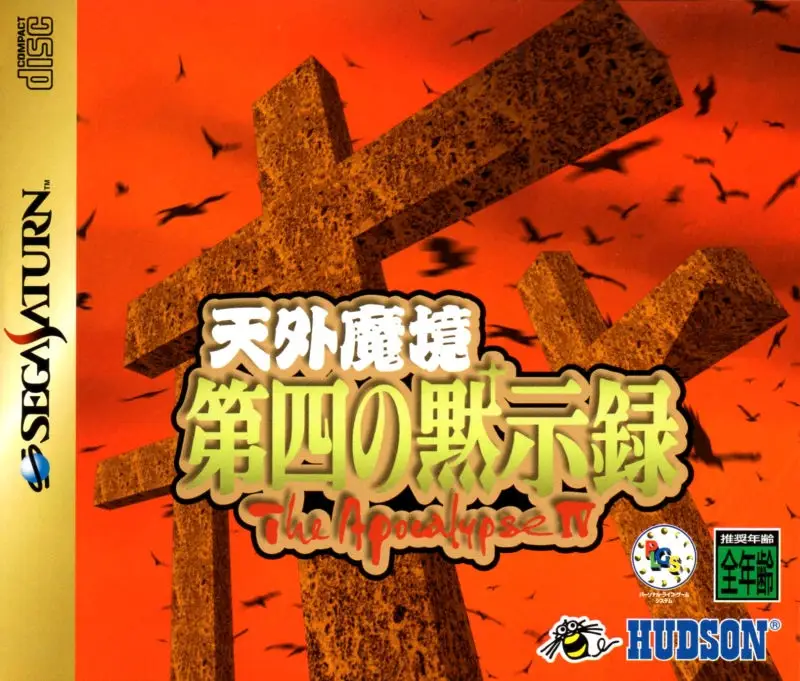


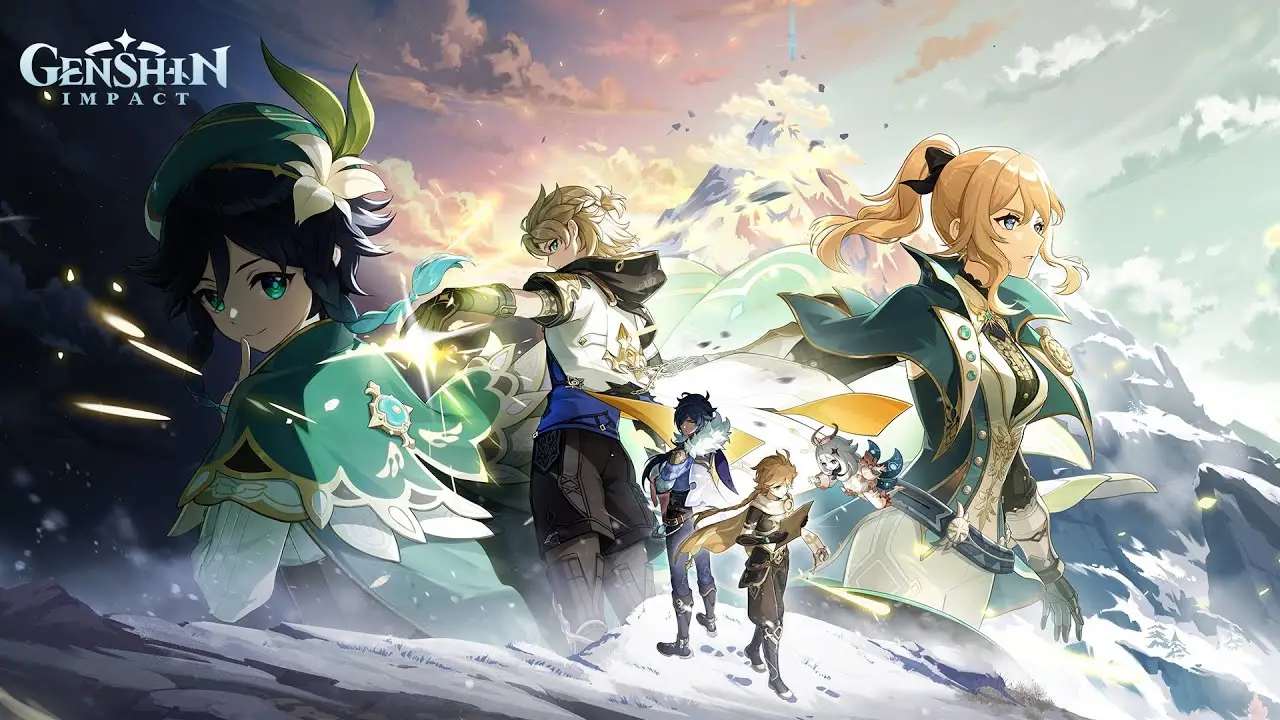
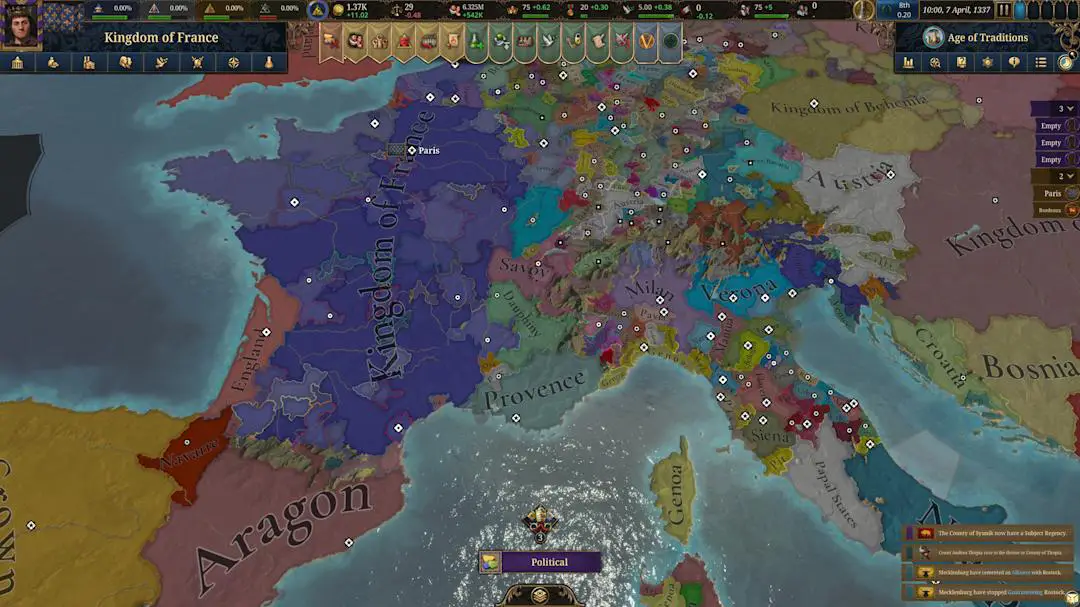

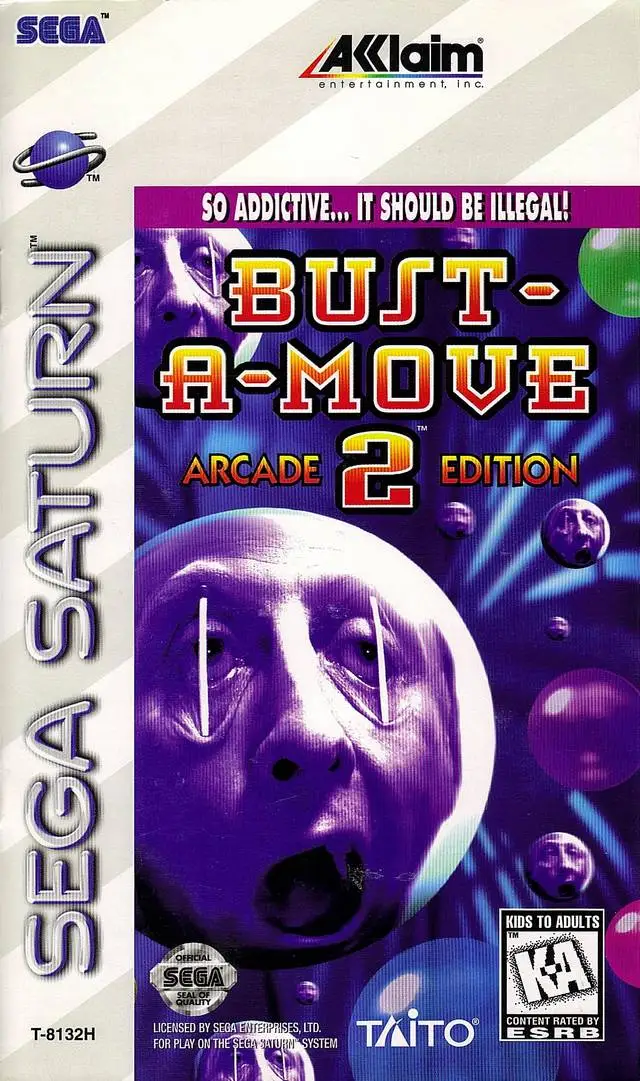
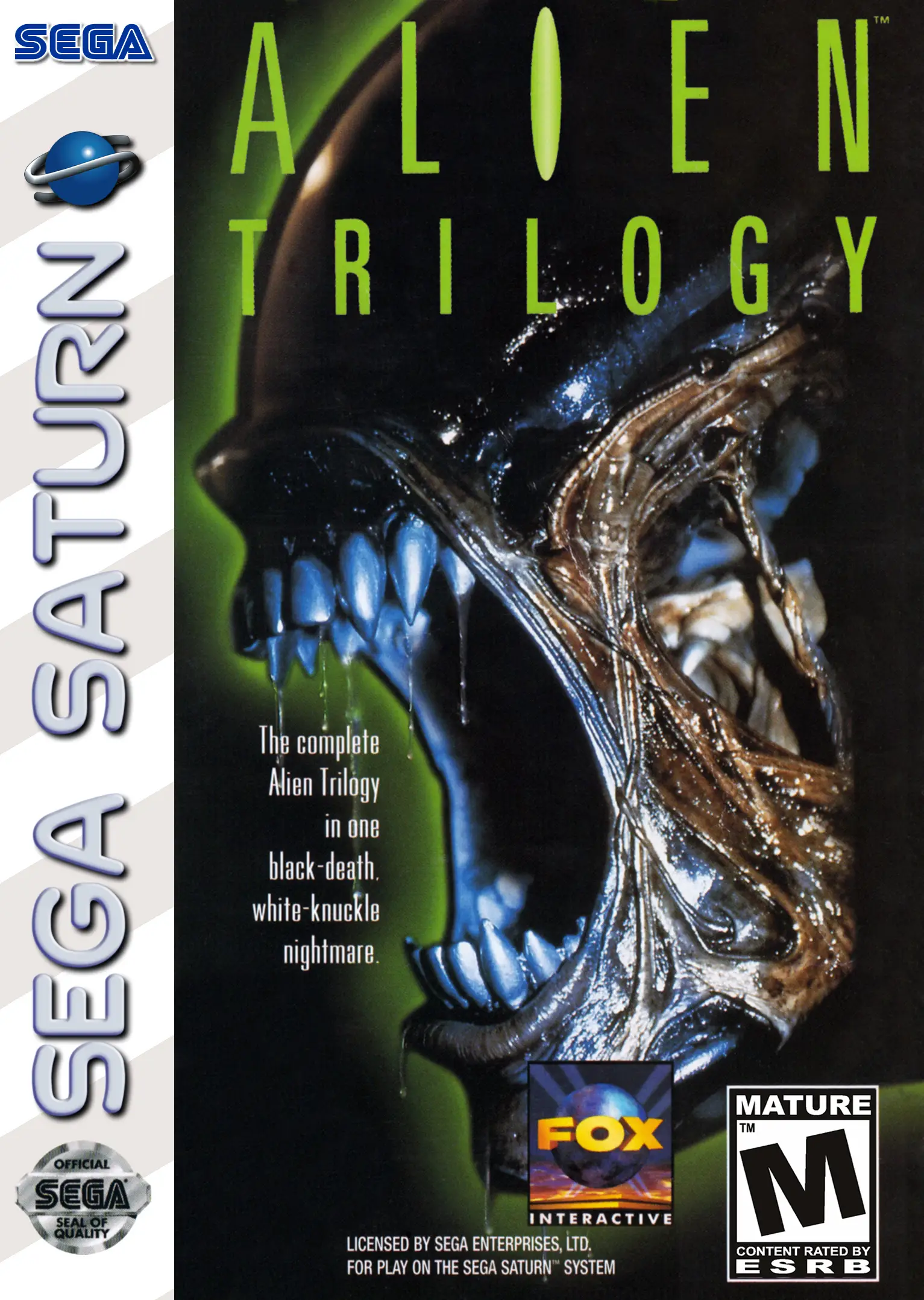
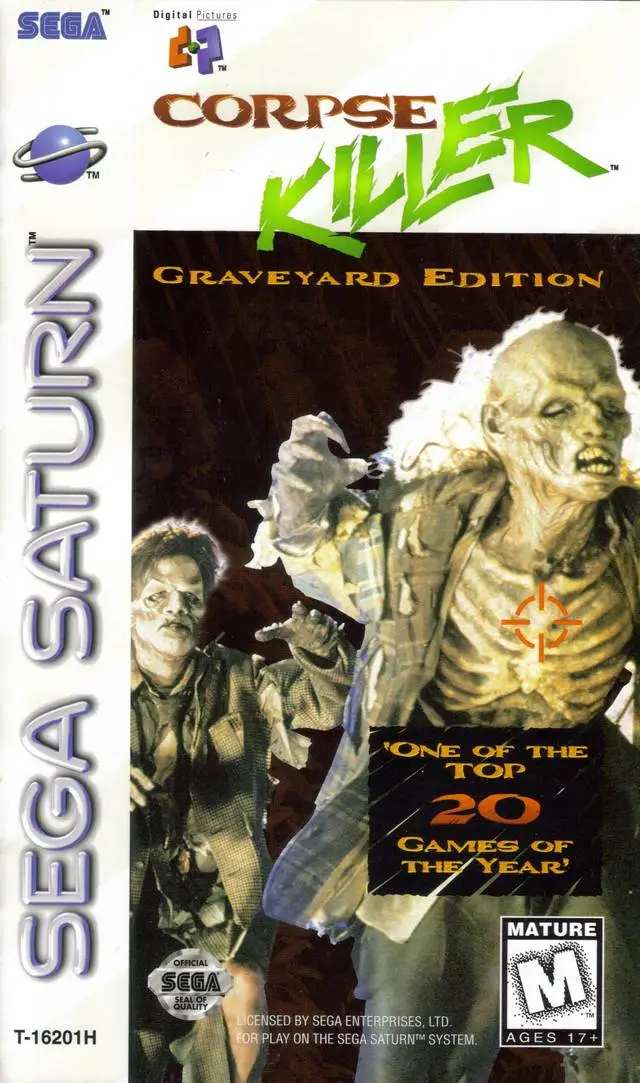
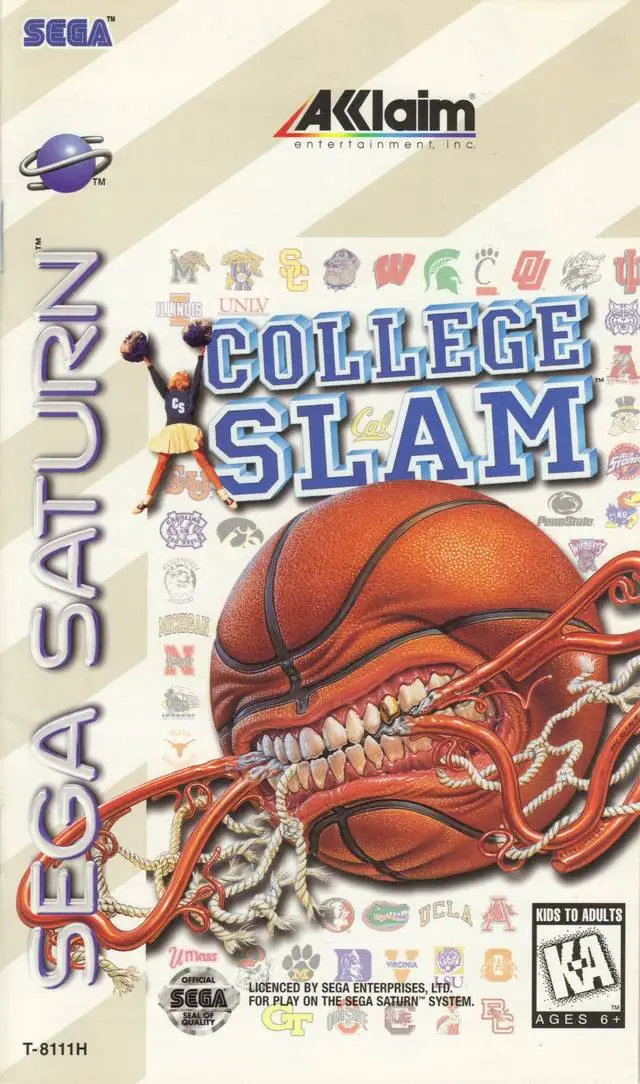
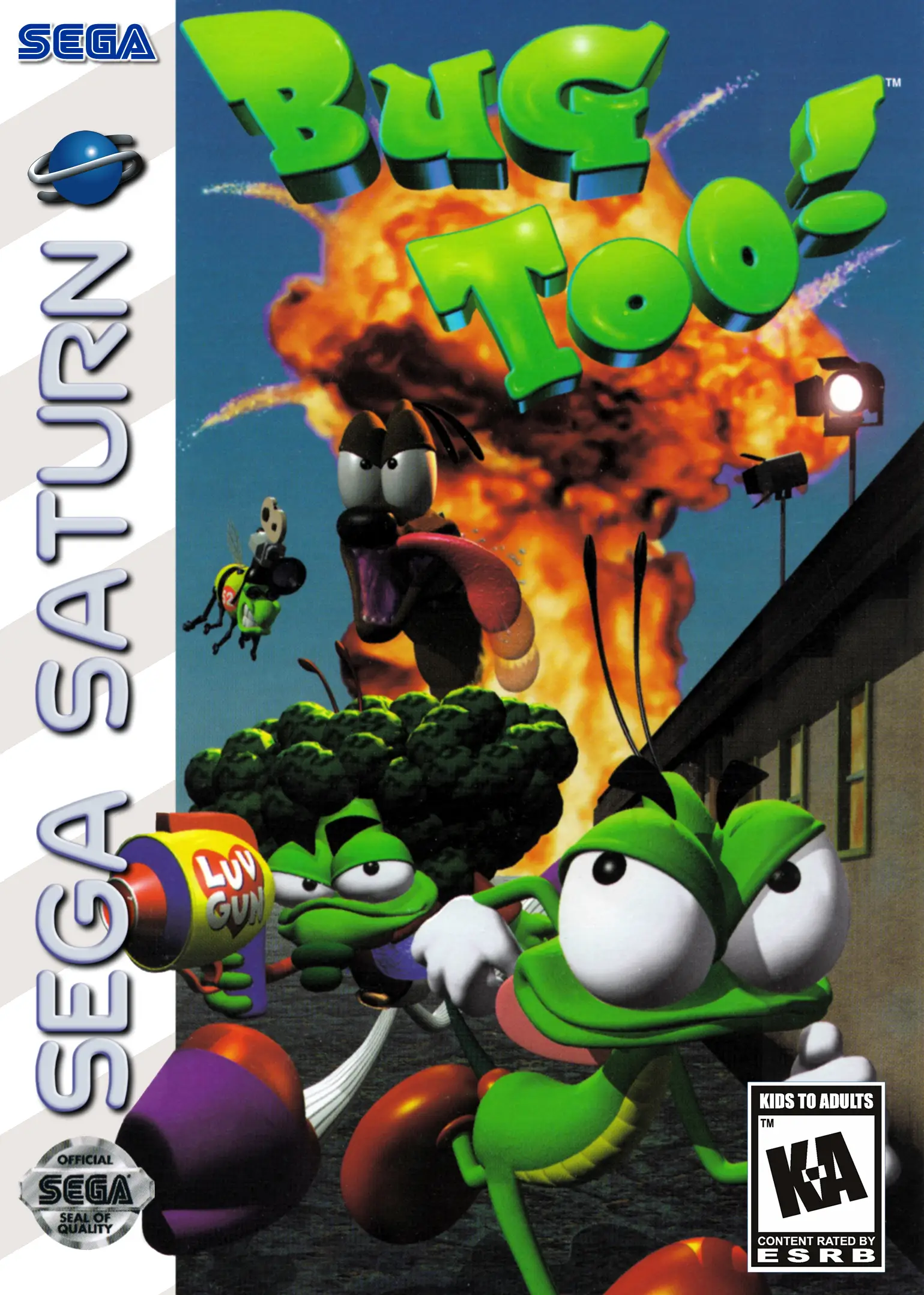
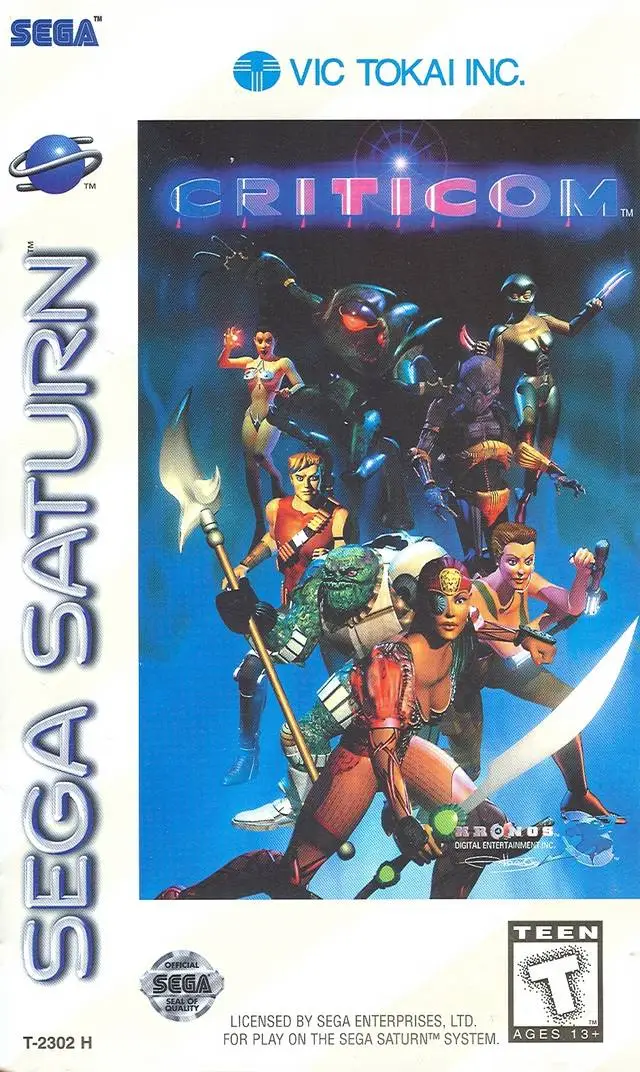
There are no reviews yet.